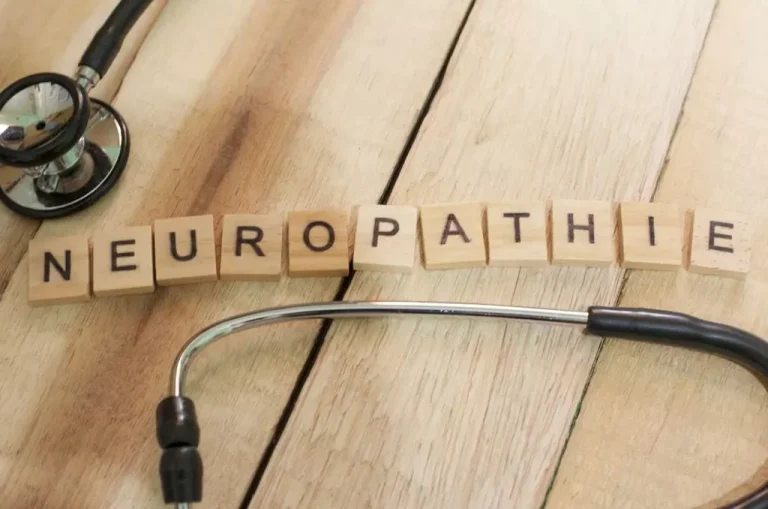5 Myths About Addiction That Undermine Recovery

Dependence, on the other hand, develops when the body adapts to the presence of a drug, leading to withdrawal symptoms when use is discontinued. If you tried treatment before but were not able to maintain sobriety, that doesn’t mean that treatment doesn’t work. It simply means you are experiencing what is typical of someone along the journey of addiction recovery. As the National Institute on Drug Abuse explains, 40 to 60% of people in recovery from addiction experience setbacks or relapse. Detox is the time period when you focus on getting all of the toxic substances out of your system. For this reason, it’s best to detox at a recovery center, or at least in an outpatient setting, so doctors can monitor your symptoms and intervene if necessary.

Common myths about addiction
You may even fool yourself into thinking you’re not an addict because you don’t fit the typical mold. There are lots of factors that go into someone being an addict versus someone who occasionally uses a specific substance recreationally. Instead of accepting the myths, it’s important to do your research and base your beliefs on facts rather than opinions. In July 1995, the IOM formed the Committee to Identify Strategies to Raise the Profile of Substance Abuse and Alcoholism Research with sponsorship from the W.M. Sign up to get tips for living a healthy lifestyle, with ways to fight inflammation and improve cognitive health, plus the latest advances in preventative medicine, diet and exercise, pain relief, blood pressure and cholesterol management, and more. As always, it is important to be critical when seeking help, since the quality of counselors are not consistent.
Myth #3: You can’t get addicted to marijuana or vaping.
While it is true that addiction recovery can be challenging and relapse rates are high, it’s essential to recognize that each person’s recovery journey is unique, and success is achievable with the right support and treatment. Despite these advances, we still do not fully understand why some people develop an addiction to drugs or how drugs change the brain to foster compulsive drug use. In conventional brain disorders such as schizophrenia or Parkinson’s disease, symptoms of disturbed mentation and action are the result of brain pathology. In compulsive drug use, conversely, the brain changes are a result of that behavior.
Addiction Therapist Salaries: Exploring Earnings in the Field of Substance Abuse Treatment
- It can even serve as a helpful tool to teach addicts about the changes they need to make to see long-term improvement.
- You’ll have time to yourself and, as your program progresses, you may even be able to have visits with loved ones.
- In reality, though, anyone can be an addict, even if they don’t “look” like it.
By dispelling the myths about addiction, we can work together to create a world where individuals struggling with addiction can find hope, healing, and the opportunity to rebuild their lives. The reality is that many individuals struggling with addiction are high-functioning and manage to maintain careers, relationships, and responsibilities despite their addiction. However, it’s crucial to recognize that addiction can still have a significant impact on an individual’s well-being, work performance, and interpersonal relationships. In many cases, the strain of managing addiction while maintaining the appearance of normalcy can exacerbate the problem and delay the decision to seek help. The belief that addiction recovery follows a straightforward, linear path can lead to unrealistic expectations and disappointment when the journey inevitably encounters setbacks or challenges. Recovery from addiction is a lifelong process that often involves ups and downs, progress and setbacks, and periods of growth and struggle.

- In fact, rehab facilities have made great strides in developing treatments for people who struggle with drug or alcohol abuse.
- The term “dependence” seemed to lack such stigma and therefore it was applied to a broader range of problems (e.g., alcohol, nicotine, caffeine).
- Substances target the reward center of your brain and can lead to substance use disorder and life-threatening outcomes if misused.
- In addition to the physical challenges of quitting cold turkey, addressing the psychological aspects of addiction requires comprehensive treatment and support.
- Most of my clients reach out for support before having a “rock bottom” moment and many recover without having to experience one.
- In reality, addiction is a complex brain disorder influenced by a combination of genetic, environmental, and psychological factors.
If you are not feeling supported, it may be helpful to seek out another practitioner. If you are struggling with other mental health issues or are looking for a specialist near you, use the Psychology Today therapist directory here to find a practitioner who specializes in your area of concern. It’s where you myths about addiction and recovery gain the skills you need to combat cravings, and where you get a taste of what your life can look like without addiction. Finally, one woman answered that people were turning to street drugs when they failed to get prescribed painkillers. “You mean people quit using painkillers when they no longer feel pain?

Myth #5: I Won’t Have Any Freedom in a Treatment Program
Despite the fact that prescription drug abuse has reached epidemic proportions in the past decade, the use of “legal” drugs to get high carries less stigma than the use of illicit drugs. For much of the past century, scientists studying drugs and drug https://ecosoberhouse.com/ use labored in the shadows of powerful myths and misconceptions about the nature of addiction. When scientists began to study addictive behavior in the 1930s, people with an addiction were thought to be morally flawed and lacking in willpower.

Myth #10: Once I Complete Addiction Treatment, I’m on My Own
- Over time, this chemical hijacking rewires the brain’s reward system, making it increasingly difficult for individuals to resist the siren call of substances.
- For example, if you were attending a group addiction meeting only once a month after detox and experienced a relapse, then you should begin more intense outpatient therapy.
- This isn’t a question of good and bad, it’s a question of health and safety.
- Also, being at the bottom implies you are at the lowest point in your addiction, making it exceptionally difficult to move forward.



